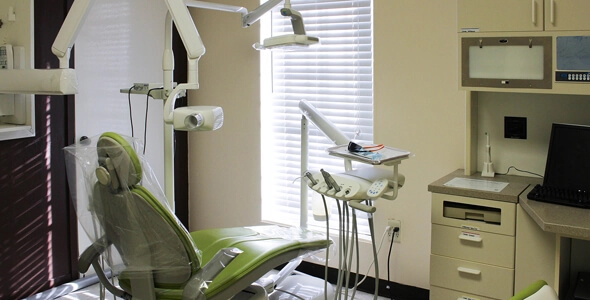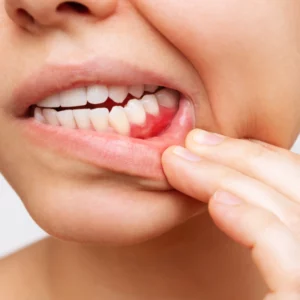Eating disorders can be a serious health condition that a large part of our society suffers through even today. The problem is most people suffer through this major health concern in silence. However, there are a few telltale signs in such people that can be very obvious to a dentist. These signs generally range from severe to slight. Quite often, your dental hygienist or your dentist at a dental care Houston can be the first person who can successfully detect and diagnose eating disorders. Even though eating disorders are more common in females, particularly young adults and teens, eating disorders can virtually affect anyone. Let us see how eating disorders affect your mouth.
Kinds of Eating Disorders
As per the National Institute of Mental Health, eating disorders can include conditions like binge eating, bulimia, and anorexia nervosa. All of these conditions can impose a negative effect on your mouth. People who suffer from anorexia fear getting fat or gaining any weight, even though they generally are harshly underweight. They generally start to limit their food intake, exercise excessively, and, once they eat, can even feel compelled to make themselves throw up, use diuretics, enemas, or even laxatives to get rid of any excess weight.
Bulimia can generally be described as a condition where a person overeats excessively many times in a week or in some extreme cases, many times in a single day. According to the best dentist in Houston, this is an uncontrollable urge that can cause the patient to eat unhealthy foods that are fatty or sweet. Once the patient, this is followed by using enema, laxative, diuretic, self-induced vomiting to purge. Recent studies show that up to 89% of all diagnosed bulimics show signs of teeth and mouth damage.
Binge eaters used to be known as food addicts previously. They are known to overeat for short periods. Bing eaters find the urge to eat uncontrollably. They are quite different from bulimics since they do not use any techniques to purge typically to remove any excess weight from their bodies. Instead, binge eaters suffer through extreme remorse and guilt that causes them to fall into a vicious cycle. Binge eating is known to be equally prevalent in both men and women.
How Can Eating Disorders Affect Your Body and Mouth?
All of the known eating disorders are seen to cause negative effects on both your body and your mouth. They can incur deficiency of minerals, vitamins, macronutrients, and micronutrients that can cause your body to fail to properly function and even shut down. Common health issues imposed by eating disorders include:
- Hair loss
- Weight loss
- Constipation
- Lower body temperature
- Absent or irregular menstrual cycles
- Kidney failure
- Heart problems, or even death
These negative effects caused by the deficiency of nutrients and vitamins can even show up right in your mouth. Similarly, people who purge with vomiting can end up getting their stomach acids to damage their teeth. Some of the most common telltale signs of eating disorders can be:
- Dry mouth
- Cracked and dry lips
- Enlarged salivary glands
- Mouth sores
- Sensitivity in teeth to hot and cold substances
- Teeth erosion
Recommended treatment for eating disorders
People who suffer from eating disorders should seek the best dental care from a dentist or a dental hygienist due to the problems they notice with their teeth and mouth. Dentists at dental offices in Houston are trained to identify any oral signs caused by a severe eating disorder.
The best dentist in Houston TX can counsel you on the oral and the overall bodily damage caused by the eating disorder. They can also refer you to a mental health professional so you can access the recommended treatment.
Meanwhile, your Houston dentist can help in alleviating the teeth and mouth problems that you suffer from. For example, people who purge using vomiting are generally cautioned to not immediately brush afterward as this can enhance any damaging effects due to stomach acids on your mouth and teeth. Instead, they are advised to wait about a half-hour to brush their teeth and need to use a neutral paste-like baking soda.
Preventive and restorative treatment can also include:
- Recommendations to help you maintain proper oral hygiene
- Dry mouth remedies
- Fluoride treatment plans based on the individual
- Sensitivity treatment by teeth restoration for those that suffered a severe enamel loss
- Routine preventive dental appointments to monitor progress
Conclusion
There are up to 10 million that suffer from a severe eating disorder, as per the American Dental Association. These eating disorders begin to affect your mouth, and the way in which they affect can shed a light on the kind of aid needed by the patient. This is why the first treatment given to the patient is often for the mouth. Seek the best dental services for sensitivity and tooth damage as it would not only assess teeth and mouth issues but also overall well-being.












